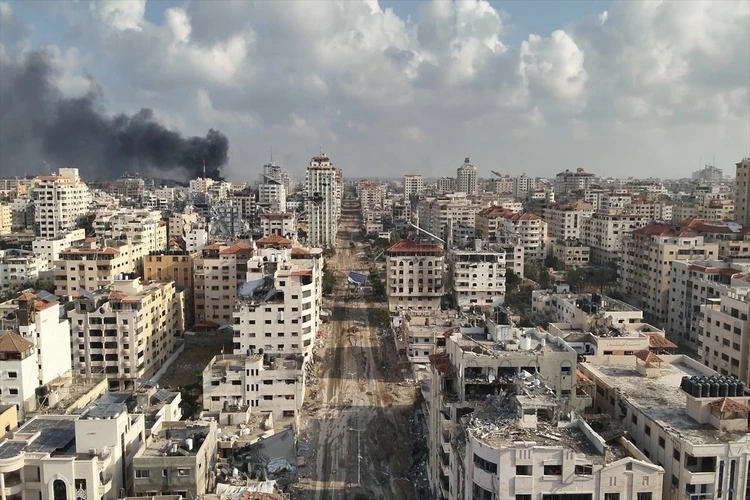The Global Fragility Act (GFA) of 2019 is a bold, bipartisan piece of legislation that is designed to fundamentally change the way that the U.S. government engages and supports conflict-affected and fragile countries. It reflects the consensus of the Trump Administration, both houses of Congress, and civil society. The law envisions a new approach, aimed at giving America’s diplomats and development professionals better tools to prevent the underlying causes of violence and instability and move beyond reactive crisis management. Its long-term, holistic, locally-led, and data-driven approach can serve as a model for interagency collaboration and rigorously demonstrate how investments impact the resilience of communities. Critically, the GFA positions the U.S. as a global leader in the prevention of violent conflict and extremist violence.
The first milestone of the law is a report from the Administration to Congress setting forth a Global Fragility Strategy. We welcome the goals and objectives outlined in the report that was provided to Congress this week. It is a landmark that peacebuilding is endorsed at a high level of U.S. leadership. In fragile, conflict-affected areas, human lives, prosperity, and dignity are threatened by violence and instability every day. The cost of chronic crises is immense, and this is a step in the right direction. At the same time, we urge the Administration to quickly identify the focus geographies and to finalize and adequately resource the Strategy, otherwise it risks further delaying much-needed new approaches and support to some of the most fragile places on earth. The GFA created a powerful new approach. It should be used as soon as possible.
Search for Common Ground is a leading global peacebuilding organization working around the world to prevent violence and build healthy, just, and safe societies. It is also a member of the Global Fragility Act Coalition, a group of over 60 civil society organizations supporting the legislation and its roll out. Search calls on the U.S. Government to comply with the Global Fragility Act in finalizing the selection of priority countries and regions of focus. The Administration should use congressional and civil society briefings and roundtables to provide updates on the strategy development and geography selection process. A speedy process in identifying geographies will enable global, national, and local civil society to provide their input and feed into the 10-year country/regional plans due to Congress this December.
According to Mike Jobbins, Search’s Vice President for Global Affairs and Partnerships, “the Global Fragility Act has potential to be one of the most important step-changes in how the U.S. prevents conflict around the world. We need to continue building on the consensus that led to the GFA, allowing sufficient time between the identification of priority geographies and the December deadline for the strategies. It is really important that the U.S. balances the sweeping ambition and internal-to-government changes of the GFA with a sense of urgency and inclusiveness of the people most-affected by conflict. A strategy to address chronic crises that affect so many parts of the world, from the Sahel to Central Asia, Yemen to the Sudans, the Northern Triangle to Myanmar, is long overdue. Each day we aren’t doing better has a real human cost, and the people most affected should have a window to input.”
Mena Ayazi, a youth activist, notes, “It is clear that the current, piecemeal approach used by international actors is not working. We need a re-think and a long-term, holistic approach to actually transforming conflicts and preventing cycles of crises, one that reflects the values and needs of the people most affected by them, including youth, who make up nearly two-thirds of the population. The GFA offers that opportunity, and the U.S. should seize it immediately.”
For questions and media requests, please contact:
Massimiliano Colonna
Manager – Digital Communications, Editorial, Campaigns
[email protected]

